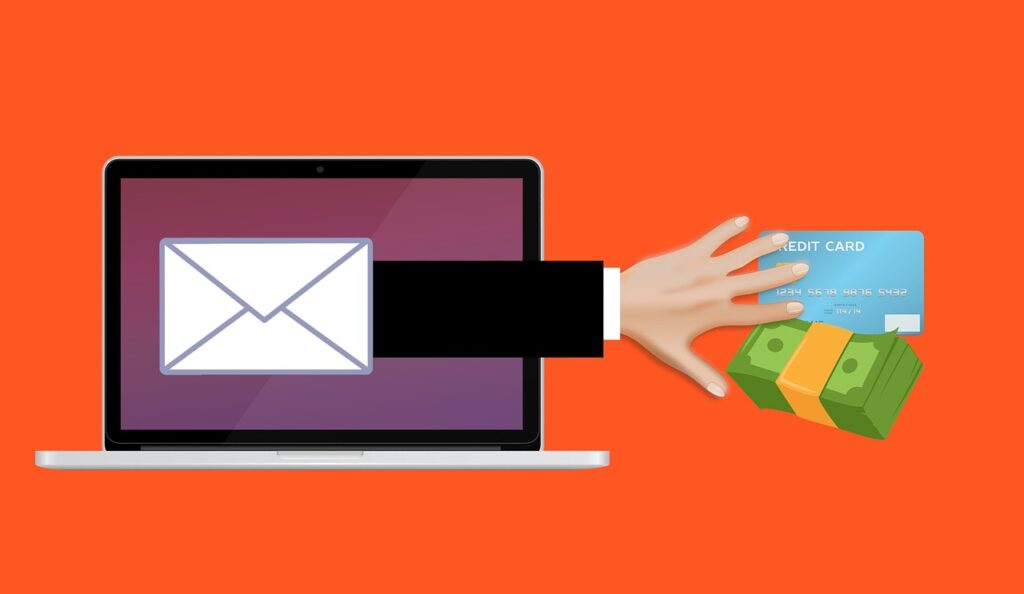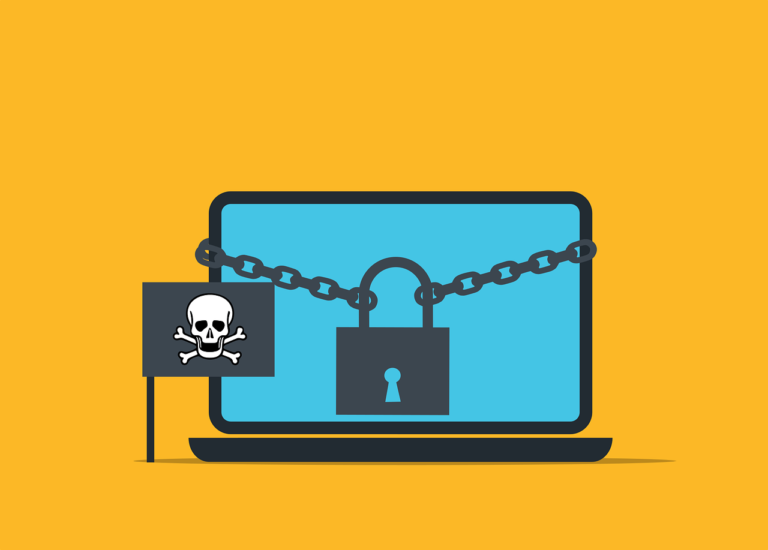WNE Security News
The most important cybersecurity news to stay up to date with
Why I Should be Using Different Passwords for All Online Activities
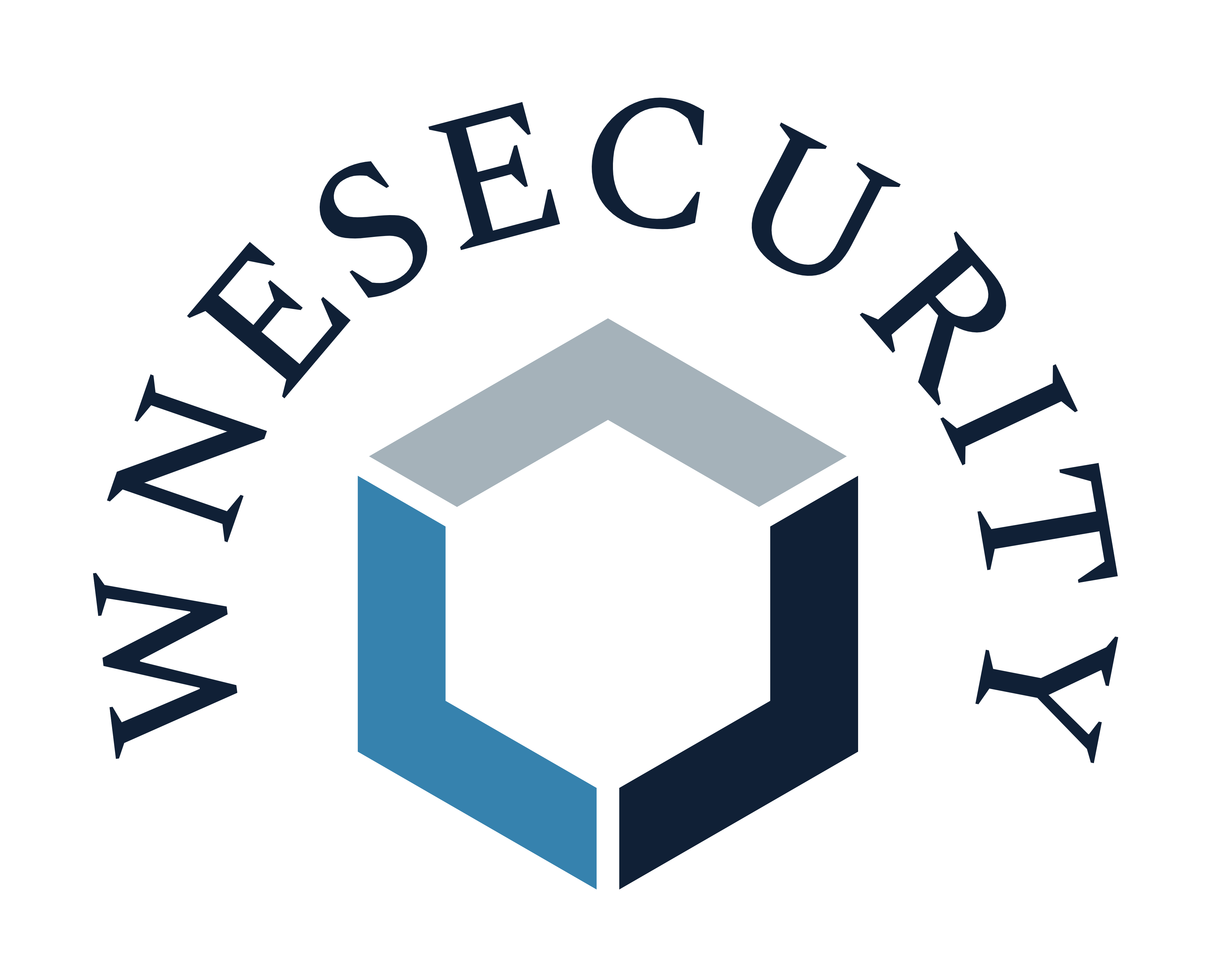
WNE Security Publisher
1/30/2023
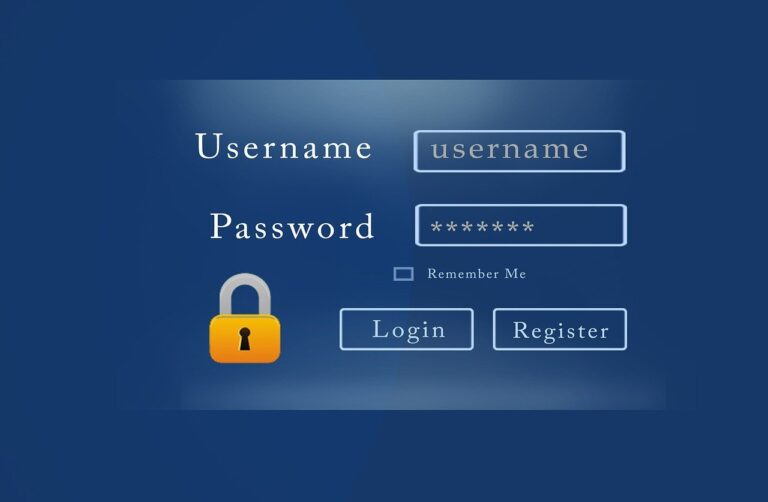
Need Help With Computer Security?
Have it done by experts by clicking the button below to learn more about our computer security service and to schedule a free meeting today!
In today’s digital age, the security of online information is of paramount importance. With the increasing number of data breaches and cyber threats, it’s more crucial than ever to use different passwords for all online activities. This article explores the reasons behind this critical security measure and the consequences of not adhering to it.
The Rise of Data Breaches
Data breaches are incidents where confidential, sensitive, or protected information is accessed or disclosed in an unauthorized way. These breaches have become increasingly common, affecting companies of all sizes and across various industries. When a data breach occurs, it can lead to the exposure of personal information such as names, email addresses, social security numbers, and, importantly, passwords.
The Domino Effect of One Compromised Password
Using the same password across multiple accounts creates a significant security risk. If one account is compromised, it can lead to a domino effect where multiple accounts become vulnerable. Cybercriminals often use the credentials obtained from one breach to attempt to gain access to other accounts, a practice known as “credential stuffing.” This is particularly effective because many people reuse passwords across different sites and services.
Why Different Passwords Matter
Using different passwords for each of your online accounts is a crucial aspect of maintaining online security. Here are the key reasons why this practice is so important:
- Reduced Risk of Multiple Account Breaches: If you use the same password across various accounts and one of those accounts is compromised, all other accounts with the same password are at risk. By using different passwords, you contain the damage to just the breached account, significantly reducing the overall risk.
- Prevention Against Credential Stuffing: Credential stuffing is a common attack method where cybercriminals use leaked usernames and passwords to gain unauthorized access to user accounts. Different passwords for each account make these attacks much less effective, as the same credentials won’t work across multiple platforms.
- Protection Against the Domino Effect: In the digital world, one compromised account can lead to another, creating a domino effect. For instance, if your email account password is the same as your banking password and the former is breached, the attacker could potentially access your bank account. Unique passwords for each account prevent this cascade of vulnerabilities.
- Tailored Password Strength: Different accounts require different levels of security. For example, your online banking account needs a stronger password than a forum account. Using different passwords allows you to tailor the strength and complexity of your passwords according to the sensitivity of the information in each account.
- Mitigation of Automated Attacks: Automated bots and scripts often try common passwords across multiple accounts. By using a unique password for each account, you make it significantly harder for these automated attacks to succeed.
- Easier Detection of Breaches: If a password is unique to one account and that account experiences suspicious activity, it’s easier to identify and address the breach. When the same password is used across multiple accounts, it becomes much harder to track the source of a breach and take timely action.
Challenges and Solutions
While the benefits of using different passwords are clear, it’s also true that managing multiple unique passwords can be challenging. However, there are solutions to this problem:
- Password Managers: These tools store and organize passwords securely, often generating strong, unique passwords for each account. They also autofill login credentials, making it convenient to use complex passwords without the need to remember each one.
- Two-Factor Authentication (2FA): Adding an extra layer of security through 2FA can significantly reduce the risk of unauthorized access, even if a password is compromised.
- Regular Password Changes: Changing passwords regularly, although sometimes debated in its effectiveness, can still be a useful practice, especially for sensitive accounts.
- Security Awareness: Educating oneself about the latest security threats and best practices is essential for staying safe online.
The use of different passwords for each online account is a critical component of personal cyber security. It’s a simple yet effective way to reduce the risk of widespread damage from data breaches and compromised credentials. By adopting good password practices, including the use of password managers and two-factor authentication, individuals can significantly enhance their online security and protect their sensitive information from unauthorized access.
Learn more about WNE Security products and services that can help keep you cyber safe.
Have it done by experts by clicking the button below to learn more about our computer security service and to schedule a free meeting today!
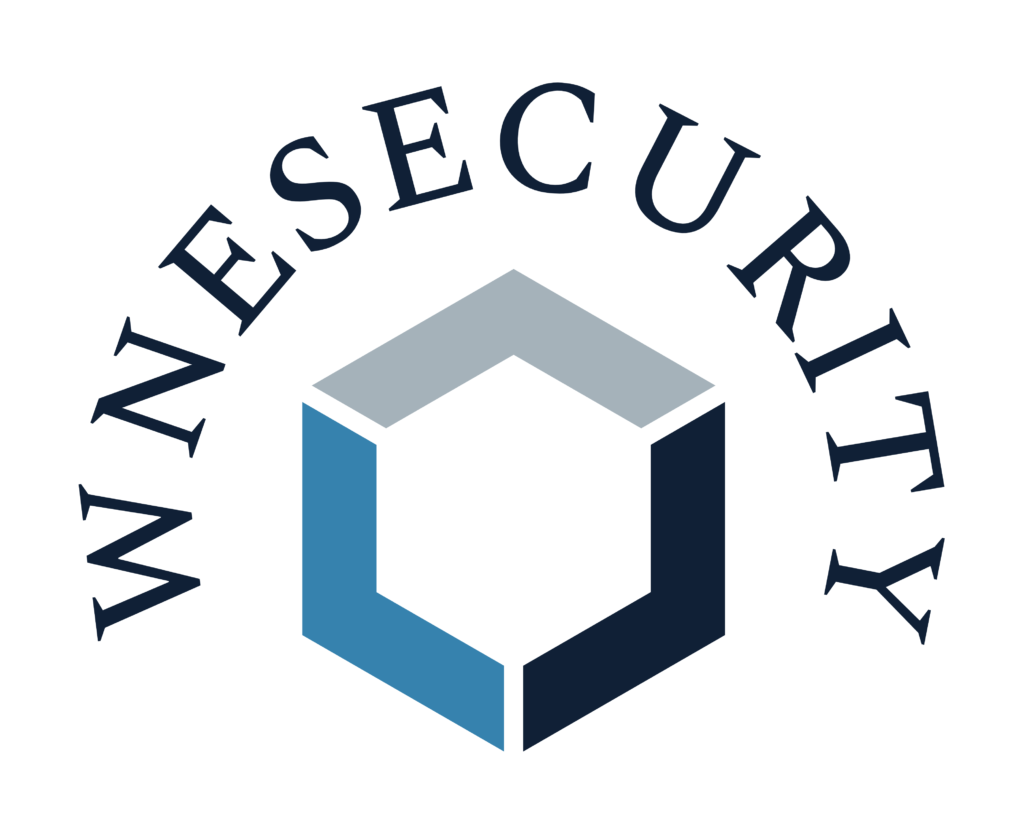
Learn More about “Why I Should be Using Different Passwords for All Online Activities” by clicking the buttons below.
Stay updated with WNEsecurity’s news section for the latest in cybersecurity trends, threats, protection measures, and Why I Should be Using Different Passwords for All Online Activities.

